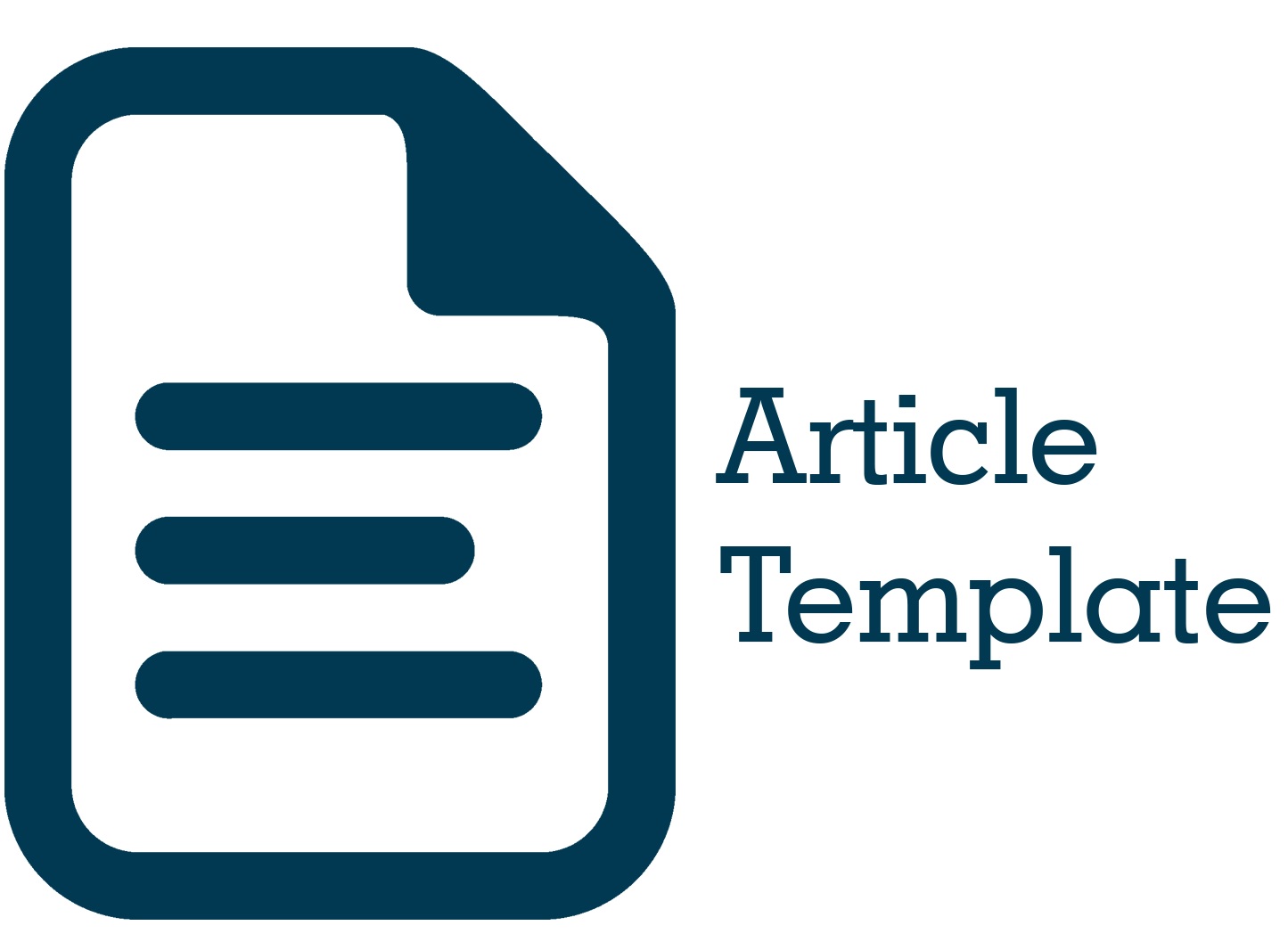Modal Sosial Dalam Manajemen BUMdes; Konsep, Antesenden dan Konsekuensi
DOI:
https://doi.org/10.51135/PublicPolicy.v4.i2.p330-344Keywords:
Social Capital, BUMDes Management, Ontology, Epistemology, AxiologyAbstract
Social capital is a concept that is still relevant and contextual in responding to the socio-economic dynamics that live and develop in society. The essence of the concept of social capital is the construction of beliefs, norms, and social networks, whose dimensions are cognitive, structural, and relational. The purpose of this article is to examine the concept of social capital from the aspects of ontology, epistemology, and axiology. To support this research, a literature review is used as a methodology, explaining the emergence of the concept of social capital, further developing the theory of social capital, and reviewing the results of previous studies. The purpose of this study is to provide a more comprehensive picture of the concept of social capital that can be used in the context of managing Village Owned Enterprises (BUMDes), taking into account its antecedents and consequences to provide research material on the relationship of social capital in BUMDes management.
Downloads

Downloads
Published
How to Cite
Issue
Section
License
Authors whose manuscripts are published in the Journal of Public Policy must agree to the following terms;
- Publication rights for all manuscript materials published are held by the editorial board with the author's consent.
- The legal formalities for digital access to the Journal of Public Policy are subject to the Creative Commons Attribution Sharealike (CC BY SA) license, which means the Journal of Public Policy has the right to store, redistribute, reformat, manage in a database, maintain, and publish the manuscript without seeking permission from the author as long as the author's name is included as the copyright owner.
- Published manuscripts are open access for the purpose of disseminating research results. Besides this purpose, the editorial board is not responsible for copyright law violations.


.png)



